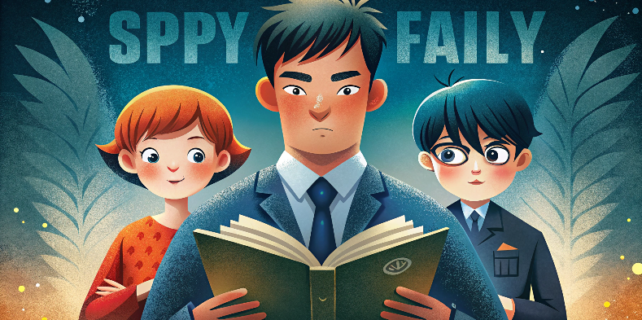Why Entertainment Is Important For Students?
Education forms the foundation for a successful future, but the pursuit of knowledge is not limited to the classroom alone. In the midst of academic rigor, extracurricular activities, and personal growth, students often find solace and enrichment in the world of entertainment.
Whether through music, movies, sports, or creative pursuits, entertainment plays a crucial role in enhancing students’ overall well-being and contributing to their holistic development.
This article explores why entertainment is important for students and how it complements their educational journey.
The Power of Mental Relaxation
Student life can be demanding, with hours spent studying, attending lectures, and completing assignments. Engaging in entertainment activities provides students with a much-needed break from the rigors of academic work.
Whether it’s watching a movie, reading a novel, or playing a musical instrument, these leisurely pursuits offer mental relaxation and allow students to unwind, recharge, and return to their studies with renewed focus.
Stress Relief and Mental Health
The pressures of academic life can often lead to stress and mental exhaustion. Entertainment serves as an effective stress-relief mechanism. Engaging in activities that bring joy and laughter triggers the release of endorphins, the body’s natural mood enhancers.
This not only reduces stress but also contributes to improved mental health. In a world where mental well-being is increasingly recognized as a priority, incorporating entertainment into students’ lives can promote a balanced emotional state.
Fostering Creativity and Imagination
Entertainment has the unique ability to spark creativity and imagination in students. Whether it’s watching a thought-provoking film or engaging in artistic endeavors, exposure to different forms of entertainment can inspire students to think beyond the confines of their textbooks.
Creativity is a valuable skill that not only enhances problem-solving abilities but also encourages innovative thinking, a trait highly sought after in the professional world.
Cultural Exposure and Diversity
Entertainment serves as a window to different cultures, perspectives, and ways of life. Through literature, movies, music, and even cuisine, students can gain insights into the richness and diversity of the world around them.
Exposure to different cultures fosters empathy and broadens their understanding of global issues, preparing them to be responsible and culturally aware citizens of the future.
Teamwork and Collaboration
Many forms of entertainment, such as team sports or group performances, require collaboration and teamwork. These experiences teach students valuable lessons in communication, cooperation, and conflict resolution.
Engaging in group activities cultivates social skills and the ability to work harmoniously with diverse individuals. These skills are not only essential in academic settings but are also transferable to future professional endeavors.
Cognitive Development and Learning
Entertainment can be a powerful tool for cognitive development. Educational games, puzzles, and interactive activities stimulate critical thinking, problem-solving, and memory retention.
By making learning enjoyable, these forms of entertainment create a positive association with acquiring knowledge, motivating students to explore new subjects and concepts outside the classroom.
Inspiration and Aspiration
Entertainment often features stories of determination, success, and overcoming challenges. Whether in movies, documentaries, or biographies, these narratives can inspire students to set ambitious goals, persevere through difficulties, and believe in their own potential.
The achievements of characters and real-life personalities showcased in entertainment can ignite a desire for personal growth and success.
Building a Well-Rounded Personality
A balanced lifestyle that includes entertainment contributes to the development of a well-rounded personality. Students who engage in diverse activities are more likely to have a broader perspective on life, possess better communication skills, and exude a sense of confidence.
The ability to hold conversations on a variety of topics, ranging from literature to sports to current events, enriches social interactions and enhances personal charisma.
Conclusion
While the pursuit of education is paramount, the importance of entertainment for students should not be underestimated.
From mental relaxation and stress relief to fostering creativity and promoting cultural awareness, entertainment serves as a catalyst for holistic development.
By striking a balance between academic commitments and leisurely pursuits, students can not only excel in their studies but also cultivate a joyful, well-rounded, and resilient approach to life.
As they navigate the intricate tapestry of student life, integrating entertainment into their routine can pave the way for a brighter, more fulfilled future.









